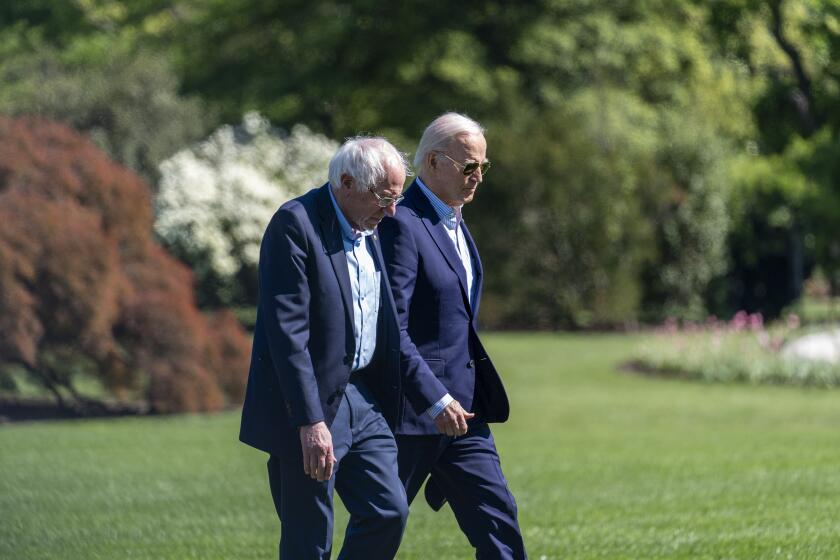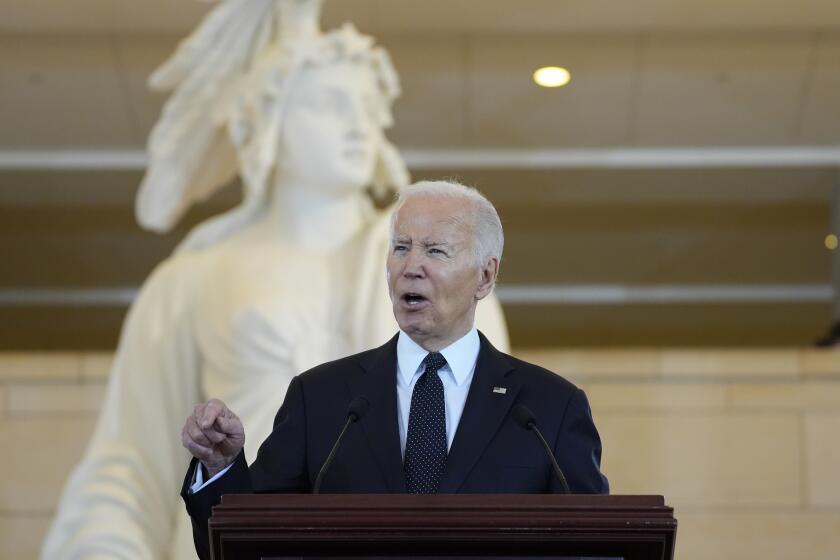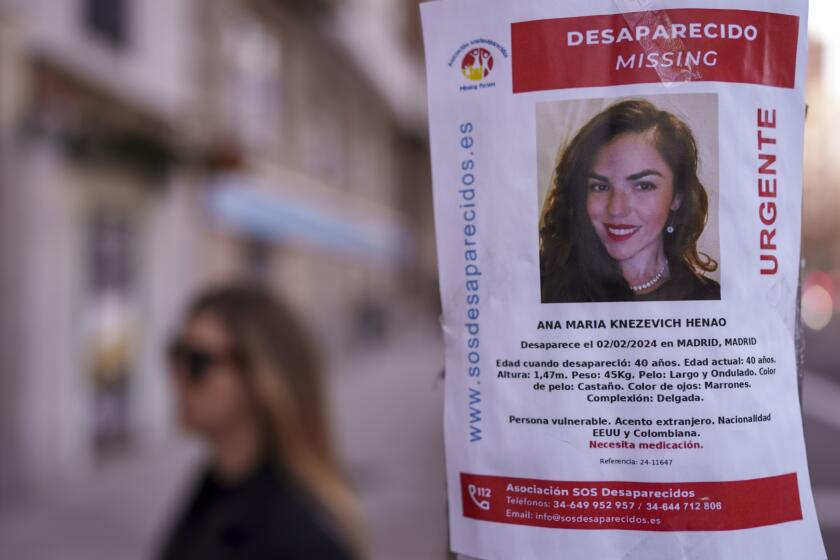LIQUOR IN LOS ANGELES : Can Prohibition-Era Laws Handle Today’s Problems? : Regulation: Rules and quotas keep resale value of liquor licenses high. Holders oppose efforts at restrictions.
Art Rodriguez IV is one resourceful guy.
After a jury last year convicted Soon Ja Du on manslaughter charges for shooting 15-year-old Latasha Harlins, Rodriquez put in a call to the beleaguered liquor store owner. State law, he told her, forbids convicted criminals from holding liquor licenses.
Just like that, the smooth-talking former Bible salesman purchased the small pink certificate that gave Du the right to sell alcoholic beverages.
Rodriguez, owner of Burbank-based Intrastate Liquor Licensing Co., reacted with equal swiftness when rioting leveled liquor stores across South Los Angeles this spring. While the city was still on edge, he took to the phones trying to snatch up the licenses of those places that had burned to the ground.
The Cuban-born Rodriguez is one of the behind-the-scenes wheeler-dealers who profits from the alcohol control bureaucracy set up by the state. State rules and quotas--little changed since they were drafted to clean up a corrupt Los Angeles after Prohibition--allow liquor licenses to be bought and sold on the open market for five, 10, even 20 times the state’s $6,000 selling price.
Critics say the secondary market funnels into private hands profits that otherwise could go into depleted state coffers.
Moreover, the inflated resale value of the licenses prompts those who have paid heavily for them to vehemently resist regulatory measures that would lower the permits’ worth, said Robert Fellmeth, a University of San Diego law professor who specializes in government regulation. Licensees contend that it would be unfair to change the system without compensating them for their investment--an unlikely prospect, given the state’s budget squeeze.
While a coalition of South-Central Los Angeles residents argues that liquor stores are a drain on their neighborhoods, and store owners respond that they provide essential shopping for the poor, Rodriguez offers a different perspective.
To him, a liquor store is a potential customer.
Half his work is arranging licenses and plying the bureaucracy for major chains such as Food 4 Less and Thrifty Drugs. The rest of his time is spent with mom-and-pop operations, helping the owners obtain conditional use permits and other government documents. For a $1,500 fee he plays the same role as a real estate agent in a house sale, matching buyer and seller and filling out the paperwork that makes the transfer work.
“It’s a business,” said Rodriguez, who serves on the task force set up after the riots by Mayor Tom Bradley to permanently reduce the number of liquor outlets in South Los Angeles. “I sleep well at night. There’s nothing wrong with buying a six pack, taking it home and drinking it after you mow the lawn. I make that possible.”
The state’s rules make Rodriguez’s business possible.
By limiting the number of full-service liquor licenses--there can be one liquor store for every 2,500 residents of a county and one bar for every 2,000 residents--the rules set in motion the economic law of supply and demand.
In counties such as Riverside and San Bernardino--with relatively few licenses but rising populations and large demand--brokers resell liquor licenses for $60,000 or more. In Los Angeles County, where demand is high but the number of licenses--now 7,200--is high as well, licenses run about $12,000.
Licenses must remain in the county for which they were issued, according to the state’s rules. So when a county is growing so fast that more licenses are needed to keep the ratio balanced, the state conducts a lottery to inject new licenses into the market.
A report last month by Bradley’s task force calls for legislation allowing Los Angeles County licenses to be transferred to Orange, Riverside and San Bernardino counties. The higher demand for licenses in those counties could provide an incentive for Los Angeles license holders to unload their permits.
For decades, Los Angeles County had too many licenses under the state’s population guidelines. But population growth prompted the state last year to hold a lottery for 25 new licenses. Another 25 will be issued every year until the ratio is met.
Rules are in place to prevent investors from entering the lottery and quickly reselling a license to the highest bidder. Licenses cannot be sold for more than the $6,000 state price for five years.
After that period, however, there are no limits on the selling price.
The free market in licenses is criticized by some who are fighting liquor stores in the inner city.
Years of activism in South Los Angeles, they say, produced zoning restrictions that have succeeded in holding down the number of new licenses. But there are fewer restrictions on the sale of liquor stores, so the glut remains, despite community protests.
Proposed legislation would place the same restrictions on the transfer of existing licenses that are imposed on new ones. The bill also applies the state’s ratios to individual census tracts, prohibiting transfers to areas--such as South-Central--that exceed state limits. Backers hope that the number of liquor stores in such areas would wither by attrition.
Current license holders say things are not that simple.
Placing census tract restrictions on licenses would reduce their value, they say. Blocking the sale of inner-city liquor stores would eliminate a relatively low-cost entry point to business ownership for minority entrepreneurs.
And it simply is not fair, liquor store operators argue, to alter the playing field after they have made a substantial investment.
“How would you like it if, all of a sudden . . . all your money wasn’t worth the paper it was written on?” one liquor store owner asked. “That’s what it would be like for me if anyone changed the rules.”
More to Read
Start your day right
Sign up for Essential California for news, features and recommendations from the L.A. Times and beyond in your inbox six days a week.
You may occasionally receive promotional content from the Los Angeles Times.






